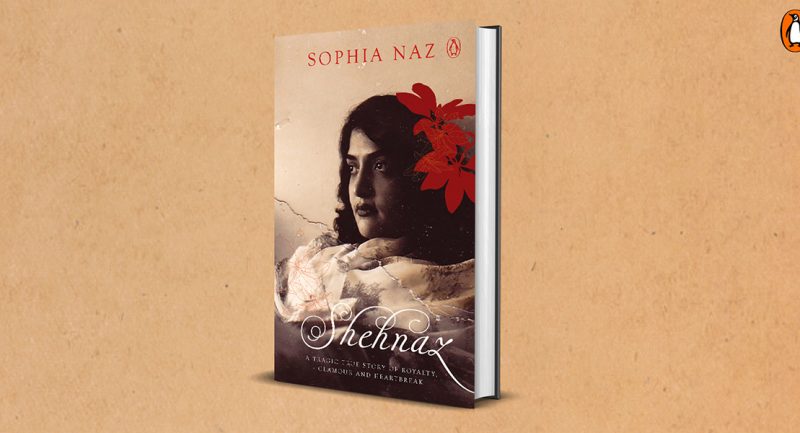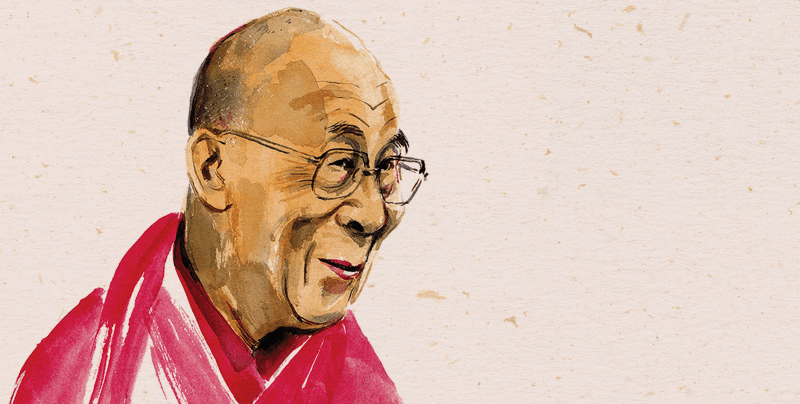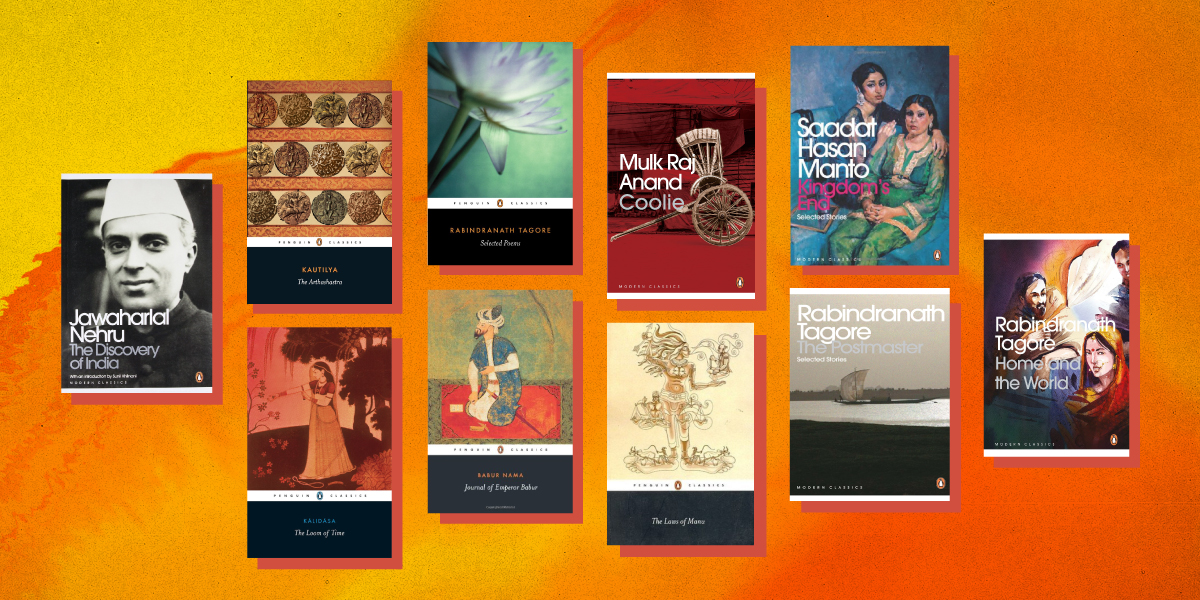
India is nothing but a plethora of stories and voices telling those stories. While new stories take birth in our country every day, there are some that have been passed down to us since decades. Some that introduced us to the idea of freedom, while some freed us with poetry. Some spoke about religion and some against it. Some spoke about kings and some about the coolies and postmen that worked for them. The launch of the Penguin India Classics store is that secret door in the closet that brings you to the world of Manto and Tagore, Nehru and Kalidasa, all waiting to be explored by you, yet again in this day and age.
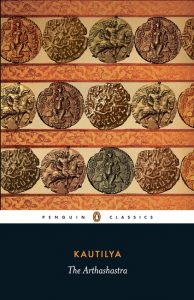
Arthashastra by Kautilya
A master strategist who was well-versed in the Vedas and adept at creating intrigues and devising political stratagems; Kautilya’s genius is reflected in his Arthashastra which is the most comprehensive treatise of statecraft of classical times. The text contains fifteen books which cover numerous topics viz.; the King; a complete code of law; foreign policy; secret and occult practices and so on. While written mainly in prose. Arthashastra also incorporates 380 shlokas.
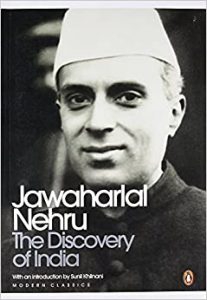
Discovery of India by Jawaharlal Nehru
The book started from ancient history, Jawaharlal Nehru wrote at length of Vedas, Upanishads and textbooks on ancient time and ends during the British raj. It is a broad view of Indian history, culture and philosophy. The book is considered as one of the finest writing om Indian History and was written by Nehru during his imprisonment at Ahmednagar fort for participating in the Quit India Movement (1942-1946), paying a homage to his beloved country and its rich culture.
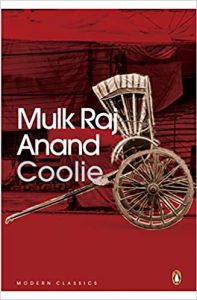
Coolie by Mulk Raj Anand
Coolie portrays the picaresque adventures of Munoo, a young boy forced to leave his hill village to fend for himself and discover the world. His journey takes him far from home to towns and cities, to Bombay and Simla, sweating as servant, factory-worker and rickshaw driver. It is a fight for the survival that illuminates, with raw immediacy, the grim fate of the masses in pre-Partition India. Together with Untouchable, Coolie places Mulk Raj Anand among this century’s finest Indian novelists writing in English.
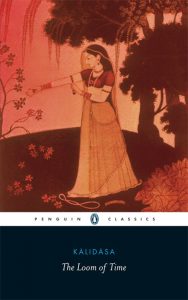
Loom of Time by Kalidasa
Kalidasa is the greatest poet and playwright in classical Sanskrit literature and one of the greatest in world literature. Kalidasa is said to have lived and composed his work at the close of the first millennium BC though his dates have not been conclusively established. In a brilliant new translation, this volume offers his two most famous works, the play Sakuntala, a beautiful blend of romance and fairy tale with elements of comedy; and Meghadutam (The Cloud Messenger), the many-layered poem of longing and separation. Also included is Rtusamharam (The Gathering of the Seasons), a much-neglected poem that celebrates the fulfillment of love and deserves to be known better.
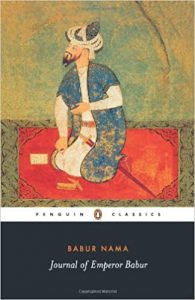
Babur Nama by Dilip Hiro
The Babur Nama, a journal kept by Zahir Uddin Muhammad Babur (1483–1530), the founder of the Mughal Empire, is the earliest example of autobiographical writing in world literature, and one of the finest. Against the turbulent backdrop of medieval history, it paints a precise and vivid picture of life in Central Asia and Afghanistan—where Babur ruled in Samarkand and Kabul—and in the Indian subcontinent, where his dazzling military career culminated in the founding of a dynasty that lasted three centuries. Babur was far more than a skilled, often ruthless, warrior and master strategist. In this abridged and edited version of a 1921 English translation of his memoirs, he also emerges as a sensitive aesthete, naturalist, poet and lover. Writer, journalist and internationally acclaimed Middle eastern and Central asian expert, Dilip Hiro breathes new life into a unique historical document that is at once objective and intensely personal—for, in Babur’s words, ‘the truth should be reached in every matter’.
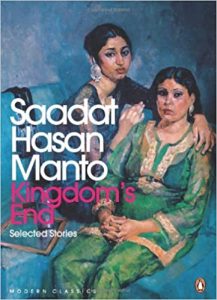
Selected Stories by Saadat Hassan Manto
This collection brings together some of Manto’s finest stories, ranging from his chilling recounting of the horrors of Partition to his portrayal of the underworld. Writing with great feeling and empathy about the fallen and the rejects of society, Manto the supreme humanist shows how the essential goodness of people does not die even in the face of unimaginable suffering. Powerful and deeply moving, these stories remain as relevant today as they were when they were first published more than half a century ago.
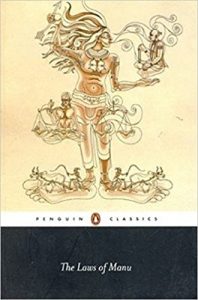
Laws of Manu
The several Brahmin hands who wrote the Laws of Manu drew on jurisprudence, philosophy and religion to create an extraordinary, encyclopedic model of how life should be lived, in public and in private, by Untouchables as well as by priests and kings, by women as well as by men. The Sanskrit text was first translated into English in 1794, and translations into other European languages swiftly followed. No understanding of modern India is possible without it, and in the richness of its ideas, its aphoristic profundity and its relevance to universal human dilemmas, Manu stands beside the great epics, the Mahãbhãrata and the Rãmãyana. Many commentators find Manu contradictory and ambiguous; others perceive a clear thematic integrity; and the argument is renewed by Wendy Doniger and Brian K. Smith in their illuminating introduction. Wendy Doniger provides a landmark translation, the first authoritative English rendering this century. It is also the first to set the unadulterated text in narrative form, making it accessible and enjoyable both to specialist scholars and to a wider audience.
And these three wonderful books by the Nobel Prize-winner Rabindranath Tagore add a sparkling shine to our classics store!
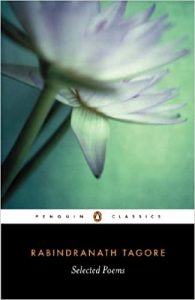
Selected poems by Rabindranath Tagore
The poems of Rabindranath Tagore (1861-1941) are among the most haunting and tender in Indian and in world literature, expressing a profound and passionate human yearning. His ceaselessly inventive works deal with such subjects as the interplay between God and the world, the eternal and transient, and with the paradox of an endlessly changing universe that is in tune with unchanging harmonies. Exuberant works such as ‘New Rain’ and ‘Grandfather’s Holiday’ describe Tagore’s sheer joy at the glories of nature or simply in watching a grandchild play.
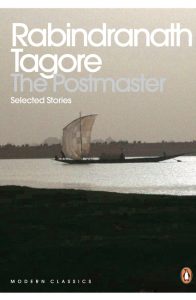
The Postmaster (Selected Stories) by Rabindranath Tagore
Poet, novelist, painter and musician Rabindranath Tagore created the modern short story in India. Written in the 1890s, during a period of relative isolation, his best stories—included in this selection—recreate vivid images of life and landscapes. They depict the human condition in its many forms: innocence and childhood; love and loss; the city and the village; the natural and the supernatural.
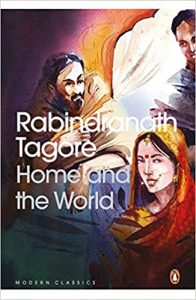
Home and the World by Rabindranath Tagore
Set against the backdrop of the Partition of Bengal by the British in 1905, Home and the World (Ghare Baire) is the story of a young liberal-minded zamindar Nikhilesh, his educated and sensitive wife Bimala, and Nikhilesh’s friend Sandip, a charismatic nationalist leader whom Bimala finds herself attracted to. A perceptive exposition of the difficulties surrounding women’s emancipation in pre-modern India, and a telling portrayal of the chasms inherent in the nationalist movement, Home and the World has generated endless debate and discussion. This classic novel by Nobel Prize-winner Rabindranath Tagore, first published in Bengali in 1916, is now available in a lucid new translation.
What are you waiting for? Head over the classics store and indulge in the love for classics to your heart’s content!








